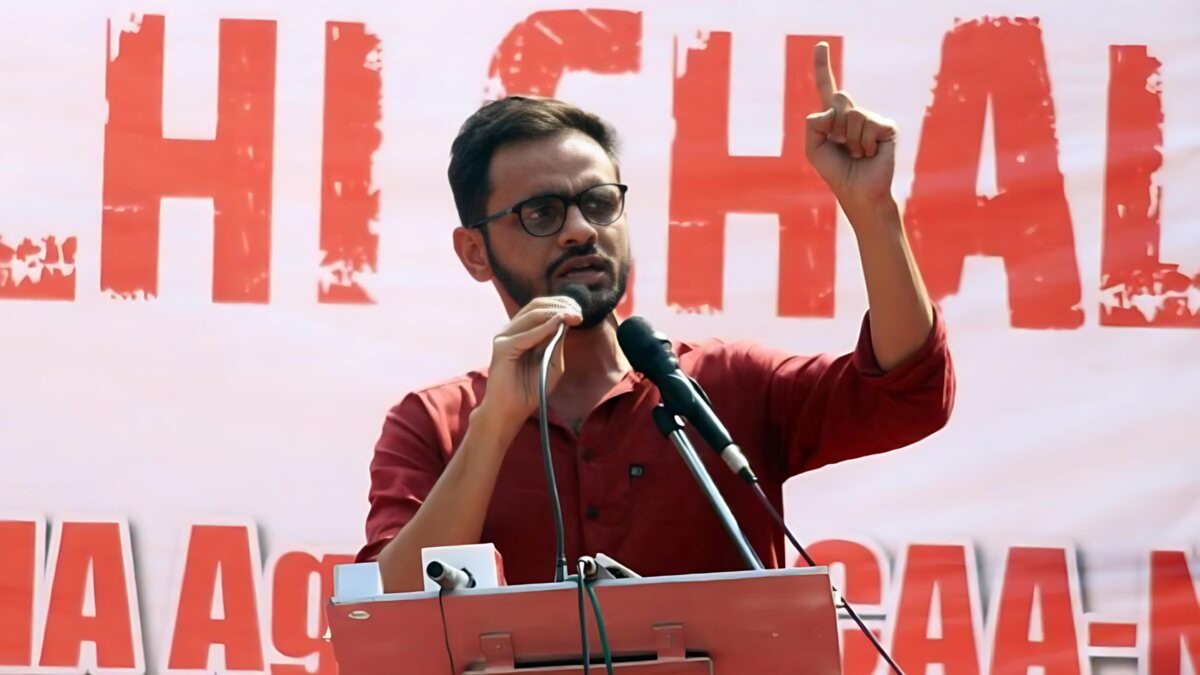
Umar Khalid Case 2025: A Defining Moment for Justice and Democracy
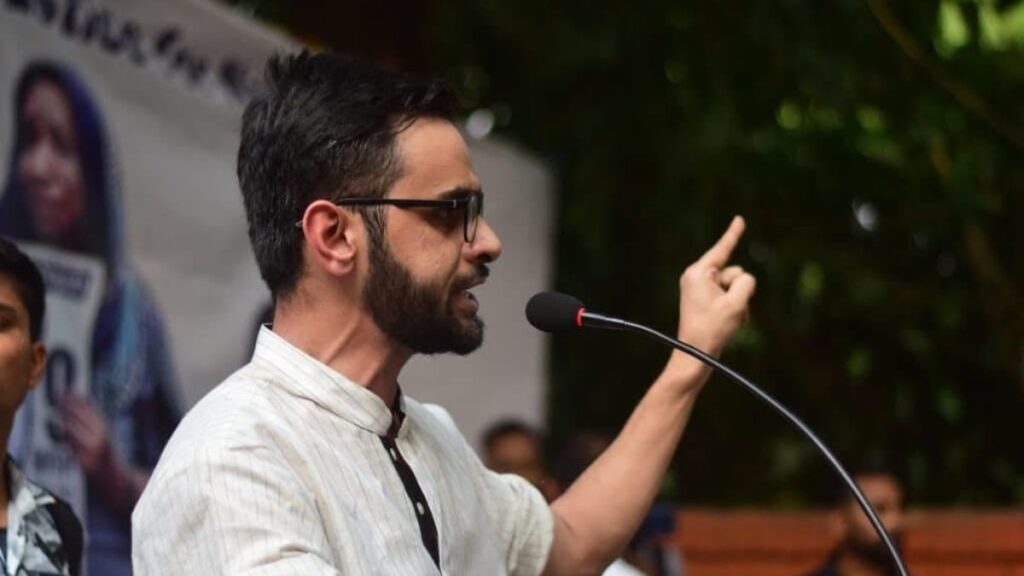
The Umar Khalid Case 2025 has become one of the most talked-about topics in India’s legal and political landscape. As the Delhi High Court recently denied bail to Umar Khalid and other activists in the Delhi riots conspiracy case, debates about justice, free speech, and democracy have intensified.
Umar Khalid, a former JNU student leader, has been behind bars since 2020 under the Unlawful Activities (Prevention) Act (UAPA), accused of “conspiring” in the 2020 Delhi riots. However, many legal scholars, activists, and public intellectuals see this case as a textbook example of what justice should not look like in a constitutional democracy.
What Makes the Umar Khalid Case So Significant?
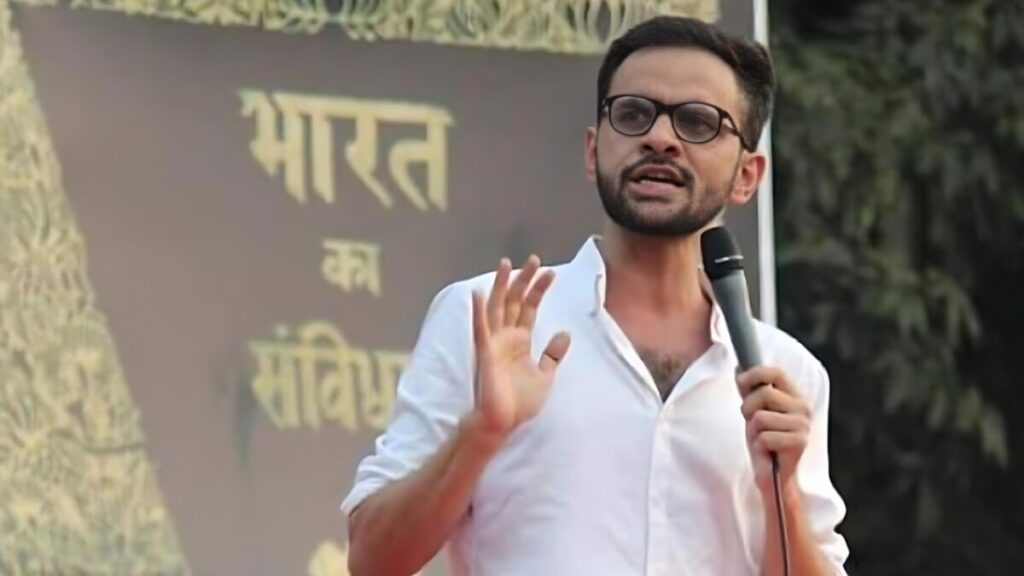
The Delhi riots of February 2020 were one of the darkest chapters in India’s recent history. Over 50 people, mostly from the Muslim community, lost their lives. The violence erupted amid nationwide protests against the Citizenship Amendment Act (CAA), which critics argued was discriminatory toward Muslims.
Umar Khalid, known for his peaceful speeches invoking Mahatma Gandhi, B.R. Ambedkar, and Bhagat Singh, was accused of giving “inflammatory speeches” and orchestrating a “conspiracy” to incite violence. Yet, video evidence shows him consistently appealing for non-violence and democratic dissent.
Bail Denial & Legal Controversies
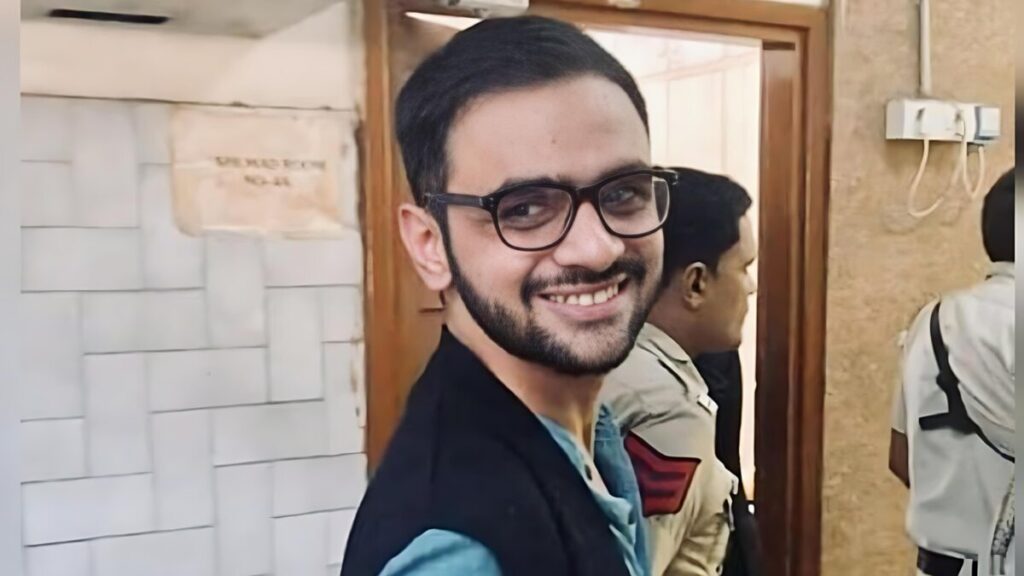
The Delhi High Court’s recent order denying bail has raised several concerns:
- Use of UAPA: The stringent anti-terror law has been criticized for its misuse against activists and journalists.
- Anonymous Witnesses: The court relied heavily on statements from “protected witnesses” whose testimonies remain disputed.
- Delay in Trial: Umar Khalid has spent over five years in jail, yet the trial has barely begun, raising questions about judicial delays and prolonged incarceration.
Legal experts like Gautam Bhatia have compared the case to ADM Jabalpur (1976)—a Supreme Court verdict widely criticized for surrendering citizens’ rights during the Emergency.
Free Speech or Conspiracy?
One of the biggest debates surrounding the Umar Khalid case is whether dissent and criticism of government policies can be criminalized as conspiracy.
His speeches against the CAA called for peaceful protests and constitutional resistance, echoing India’s long tradition of non-violent struggles. Yet, the prosecution claims these speeches were “coded messages” for violence—an argument many see as a dangerous precedent for free speech.
Wider Impact on Democracy & Civil Rights
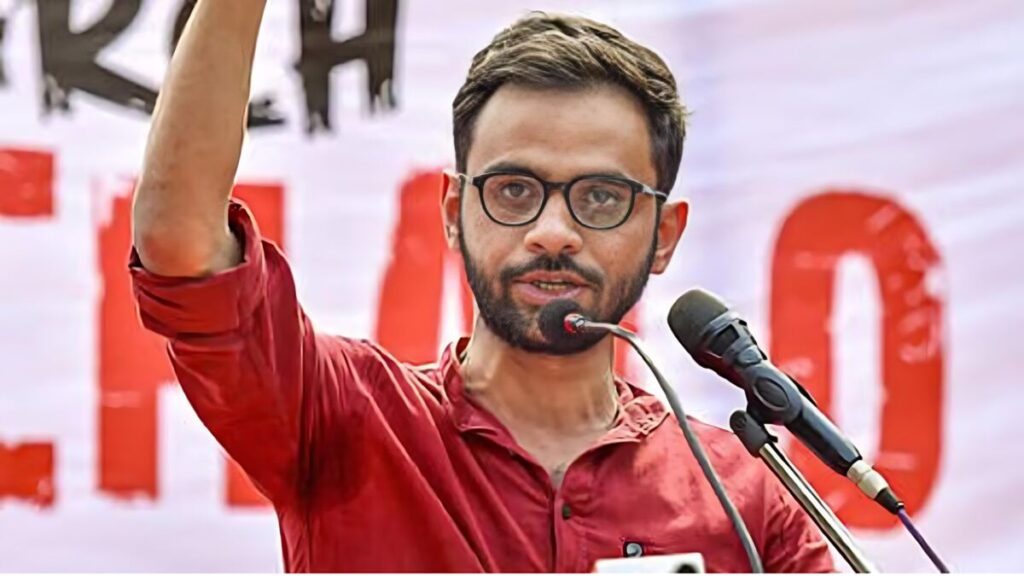
The Umar Khalid case is not just about one activist; it symbolizes the shrinking space for democratic dissent in India.
- Students, journalists, and intellectuals face increasing scrutiny for criticizing government policies.
- Bail rejections in such cases highlight the need for judicial reforms to prevent indefinite imprisonment without trial.
- The case raises serious questions about state power, constitutional rights, and the role of the judiciary in protecting democracy.
Conclusion: Why Umar Khalid’s Case Matters
The Umar Khalid Case 2025 will be remembered as a turning point in India’s legal and political discourse. It forces the nation to ask tough questions about justice, dissent, and democracy.
As the trial continues, the world watches closely—hoping for a future where peaceful dissent is not mistaken for conspiracy and where the courts uphold the true spirit of justice.
Note: All information and images used in this content are sourced from Google. They are used here for informational and illustrative purposes only.
Frequently Asked Questions (FAQs) on Umar Khalid Case 2025
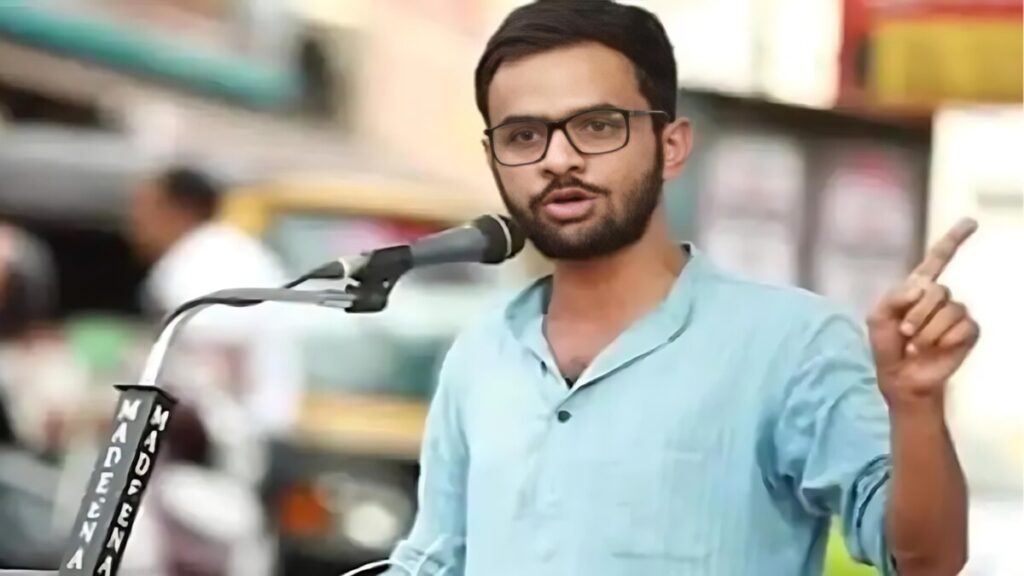
1. What is the Umar Khalid Case 2025 about?
The Umar Khalid Case 2025 revolves around charges under the UAPA against Umar Khalid and other activists accused in the Delhi riots conspiracy case. The case has sparked debates on justice, free speech, and prolonged incarceration as Umar Khalid has been in jail since September 2020 with bail repeatedly denied.
2. Why was Umar Khalid denied bail by the Delhi High Court?
The Delhi High Court denied bail citing prima facie evidence of conspiracy based on statements from “protected witnesses” and WhatsApp chats. Critics argue the evidence is weak and circumstantial, while legal experts call the verdict a setback for free speech and civil liberties.
3. How long has Umar Khalid been in jail?
Umar Khalid has been in jail for over five years without trial. The case highlights concerns about judicial delays and the misuse of laws like the UAPA to keep activists imprisoned without conviction.
4. What role did the Citizenship Amendment Act (CAA) protests play in this case?
Umar Khalid was a prominent voice against the Citizenship Amendment Act (CAA), which many saw as discriminatory toward Muslims. His speeches consistently advocated non-violence and constitutional resistance, yet they became the basis for conspiracy charges after the 2020 Delhi riots.
5. Is the Umar Khalid case linked to freedom of speech in India?
Yes, the case has become a symbol of free speech vs. state power. Many intellectuals argue that dissent and peaceful criticism of government policies should not be criminalized under stringent anti-terror laws like UAPA.
6. How have legal experts and activists reacted to the bail denial?
Legal scholars like Gautam Bhatia have compared the case to the ADM Jabalpur judgment during the Emergency, calling it an “eyes wide shut” approach by the judiciary. Activists see it as a blow to democratic rights and judicial independence.
7. What is the wider significance of the Umar Khalid Case 2025?
The case reflects on:
- Judicial delays in sensitive cases.
- Use of UAPA to suppress dissent.
- Shrinking democratic space for students, intellectuals, and journalists.
It serves as a reminder of the need for judicial reforms and stronger protections for civil liberties in India.
8. When is the trial expected to begin?
The trial has been delayed for years. While the High Court claims the process is “progressing naturally,” critics argue that such long incarceration without trial undermines the principle of innocent until proven guilty.
9. How does the Umar Khalid case impact India’s democratic values?
The case raises concerns about:
- Criminalizing peaceful dissent.
- Judicial impartiality in politically sensitive cases.
- Balancing national security and individual freedoms.
Many fear it sets a dangerous precedent for democracy in India.
10. What do supporters of Umar Khalid demand?
Supporters demand:
- Fair trial without delay.
- Protection of free speech and the right to dissent.
- Repeal or review of stringent laws like UAPA used to stifle peaceful activism.






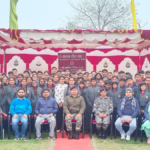
Leave a Reply